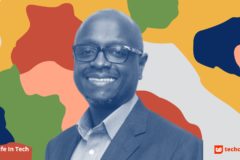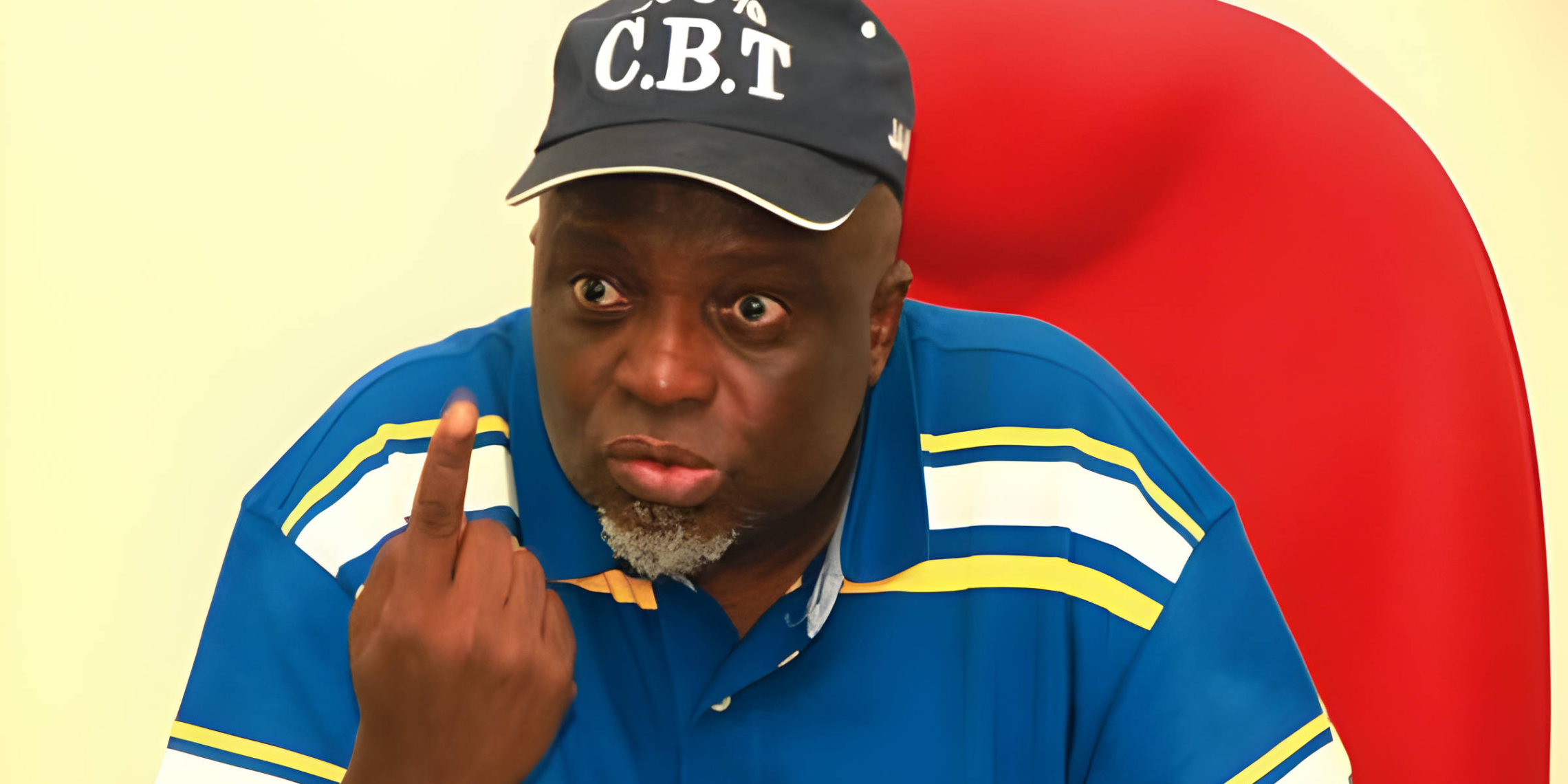My Life In Tech is putting human faces to some of the innovative startups, investments, and policy formations driving the technology sector across Africa.
If you were living in Rwanda today and needed to get a government-issued certificate, you can simply fill out some forms and make your payment – all online. Your certificate will be sent to your inbox when ready.
Irembo is leading this digitisation of services in Rwanda. And steering the Irembo ship is Faith Keza.
It’s 2 pm in Lagos when we sit to talk over Google Meet. Due to scheduling conflicts, our conversation had been delayed for some weeks but I was excited to be speaking with her.
After getting her degree from MIT, she worked at Oracle, Delphix, Google and is now the CEO of Irembo. Faith is also on the board of the Rwanda National Bank and the Rwanda Development Board.
So how is she able to do all this? In an interview with UNICEF, she gives a very poignant response.
“The word is grit,” she says. “If you can persevere day in and day out, the days will be long but the years will be short and you’ll get to somewhere exciting.”
From growing up in Rwanda to moving to the US for her university degree, her journey has been one of grit, excellence and a dedication to impacting the lives of people.
Her name is Faith Keza and this is her life in tech.
For the love of math
Faith Keza’s mother was born away from home in Uganda and lived there until Faith was born. After the genocide in 1994, the family made their way back to Rwanda to start over.
Faith was only about 3 years old at the time and she tells me she doesn’t remember a lot from that time.
“I just have a memory of living with all my cousins in one house. And at that point, a lot of families used to live together because they were all moving. So as a kid, that was fun but I guess for the adults it wasn’t.”
Faith started school in Rwanda and quickly discovered she loved mathematics. She liked the logic of it all. There were rules to follow and they could be replicated.
“When I got to high school, my passion for maths grew stronger. I really enjoyed it. Even in my free time, I would take on further maths.”
And while she enjoyed maths, she dreaded subjects like biology where the rule was to memorise scientific names and characteristics. No logic, just retention.
As she rounded up her O-levels, a scholarship opportunity presented itself. A Scottish billionaire had visited Rwanda around that time and had liked the country so much that he decided he wanted to sponsor two children to attend a royal school in the North of Scotland; a school his children attended.
Tests were done to determine the top students in the country and in the end, Faith Keza and another student were on their way to Scotland to start a new life and see the world through different lenses.
While in the UK, at the end of her A-levels, Faith had to choose five schools to apply to. Following advice from her counsellor, she decided against applying to top schools like Oxford or Cambridge due to their low acceptance rates and in a bid not to “waste two of her chances.”
Her mother was not having any of that.
“When my mom heard about it she said ‘No, Faith, you have to go to a top tier school’”
But applications to schools in the UK were closed at this time and Faith let her mother know that much. This was not a deterrent.
“America is open. You should apply to America,” her mother said to her.
When Faith tells me about this encounter, she reveals that she did apply to America but at the time it was something she had done only to make her mother happy.
The letters followed soon. Brown had waitlisted her. But MIT’s letter was a glowing acceptance. She was going to Cambridge, Massachusetts.
If you love maths let it go…
When I ask Faith about memories linked to MIT. She tells me she doesn’t have great memories.
“Even today, I have Post Traumatic Stress Disorder,” she laughs “I think a lot of people [from MIT] have it to some varying degree.”
MIT has a reputation. The school’s acceptance rate is 6.7%, which is typical of most top schools. But it is also the alma mater to many great minds including the famous astronaut Buzz Aldrin and former UN secretary-general Kofi Annan.
This means that MIT students get into the university with a lot to prove. In the middle of studying, there is also the debilitating imposter syndrome that is often commonplace.
“Because wherever you come from, you’re used to being the best at something. You get there and you’re really competing with kids who have done insane things and some of them are actual geniuses.”
“So it was very hard to suddenly have to know how to study because most of the time [in high school] I would sit in class and get what was going on. Realising this, that was when the all-nighters and coffee addiction really began. So no, I don’t have great memories.”
After a semester at MIT, Faith realized her maths major wasn’t for her.
“I wanted to do something more practical so I asked what was the other biggest major that everyone was excited about? And at that point, I think 50% of the class of MIT was computer scientists.”
So computer science it was.
It starts at Oracle in the USA and ends at Irembo in Rwanda
Faith’s first job out of the university was as a software engineer with the tech giant, Oracle. Here she learnt real-world applications of a lot of the coding she had been doing at MIT.
After two years at Oracle, she wanted a taste of the startup life and took up a software engineering role at Delphix. It was at Delphix that Faith started toying with the idea of returning to Africa. She had briefly considered moving to Nigeria where her partner Obinna Ukwuani was living at the time. They had both met in college.
She took a job at Google that was supposed to bring her back to an African country. But a lot of plans were stalled and so Faith decided to return on her own to Rwanda and while there, she joined Irembo as CTO.
Her task was simple – Irembo was getting software from a third party and the prices were getting too high. They needed in-house software development. Faith was on the job.
“So what we have been doing for the past five years is working with the government of Rwanda to digitise all their services.”
In building these solutions, there have been some uphill tasks. An experience that stands out for Faith was during the process of digitising certificates, many people questioned the security of the online method. This was a teachable moment for her. She learnt that it was necessary to carry everyone along – explain things to them, learn their concerns, just make sure everyone feels heard and is involved.
Sitting on boards and looking to the future
Faith loves audiobooks because “you can listen to them while you do other things.” And with a life as busy as hers, who can blame her for multi-tasking. In 2018 and 2019, she was nominated to be on the boards of the National Bank of Rwanda (NBR) and the Rwanda Development Board (RDB).
On these boards, she does a lot of things including consulting on the state of tech in the country and how the country can work towards their digital goals.
Based on her hobbies, it’s likely that Faith is looking forward to spending more time reading, making recipes from the internet, or watching Netflix – after they put out some new shows because she insists she has watched all the good ones.
And now, as CEO of Irembo, the goal is to expand. With the largest growing youth population in the world, a digitised Africa will be a sight to behold.
With Faith Keza, Irembo could be at the front of that movement.




















